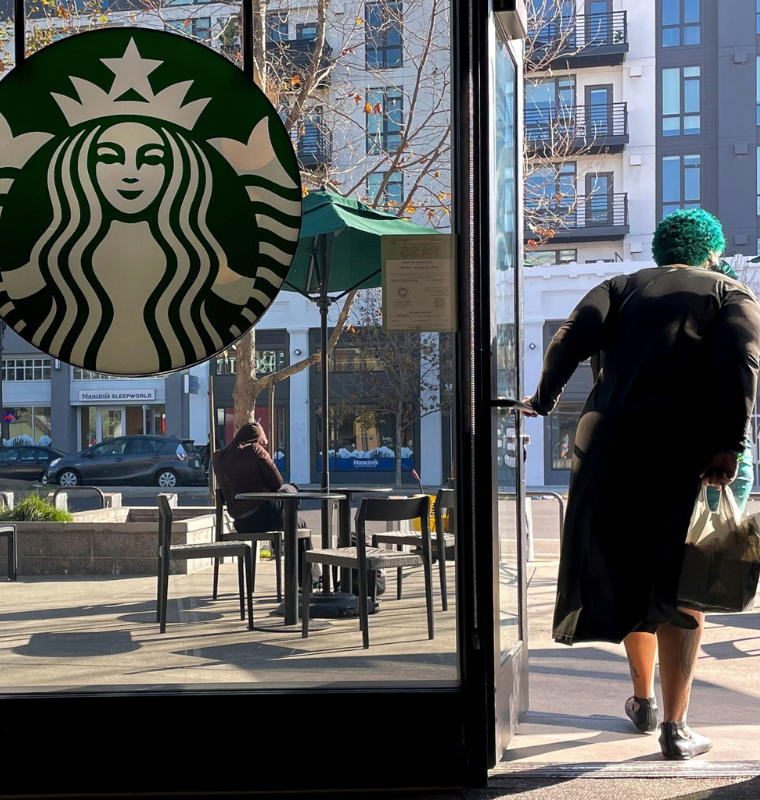K-pop Reignites in China as Seoul and Beijing Seal Cultural Exchange Pact
K-pop Reignites in China as Seoul and Beijing Seal Cultural Exchange Pact
By
Calder Monroe
Last updated:
November 4, 2025
First Published:
November 4, 2025

Photo: Yahoo News Malaysia
The long-frozen relationship between the Chinese entertainment market and South Korea’s booming K-pop industry is beginning to thaw. Shares of major Korean entertainment companies surged after Seoul and Beijing signed a content exchange and cooperation agreement, signaling the possible return of Korean pop culture to mainland China for the first time since 2016.
The deal, signed between Korean Broadcasting System (KBS) and China Media Group (CMG), opens the door to renewed cultural collaboration across news, sports, and entertainment — including the Chinese debut of KBS’s flagship “Music Bank World Tour.”
The announcement immediately triggered excitement in the markets: SM Entertainment’s shares jumped 8.11%, JYP Entertainment soared 9.39%, while YG Entertainment and HYBE gained around 4% and 3%, respectively.
A Step Toward Rebuilding Ties
The agreement marks a major milestone in cultural diplomacy between the two Asian nations. It comes shortly after South Korean President Lee Jae Myung and Chinese President Xi Jinping met during the APEC Summit, where both leaders reaffirmed their commitment to restoring bilateral ties.
KBS President Park Jang-beom hailed the deal as “a breakthrough that will allow the entire Korean content industry to once again make a full-fledged foray into the Chinese market.”
This development could reverse nearly a decade of cultural freeze. China imposed a “soft ban” on K-pop content in 2016, following South Korea’s deployment of the U.S. Terminal High Altitude Area Defense (THAAD) system. The move strained diplomatic relations and led to the near-total suspension of Korean music, television, and film distribution in China.
Why Investors Are Excited
Investor enthusiasm was particularly strong for JYP Entertainment and SM Entertainment, which both have deep ties to China. Analysts at CGS International Securities Hong Kong noted that JYP’s stock rally was partly fueled by founder Park Jin-young’s meeting with President Xi Jinping during a state dinner at the summit.
Photos of Park, Xi, and President Lee in conversation went viral across Korean social media, sparking rumors of an upcoming large-scale K-pop concert in Beijing — an event that could symbolize the full reopening of China’s entertainment market to Korean acts.
Meanwhile, SM Entertainment remains one of the most China-sensitive stocks on the Korean exchange. Its second-largest shareholder is Chinese tech giant Tencent, which has previously partnered with SM subsidiary DearU to launch its Bubble messaging app through Tencent Music Entertainment.
Cultural Revival on the Horizon
The new partnership could restore long-dormant projects such as the “Korea-China Song Festival,” which ran from 1999 to 2016 and once featured high-profile performers — including Peng Liyuan, the wife of President Xi.
KBS also announced plans to strengthen collaboration with CMG at next year’s APEC Summit in Shenzhen, underscoring both countries’ intent to make cultural cooperation a lasting priority.
While smaller fan events and individual appearances have occurred in China since 2016, full-scale K-pop concerts have been rare. The boy band EPEX was set to perform in Fuzhou earlier this year, but the show was abruptly postponed due to “local circumstances.”
China’s Role in the K-pop Economy
Despite the restrictions, mainland China, Hong Kong, and Taiwan remained a vital market for Korean music exports. According to the Korea Creative Content Agency, the region accounted for 26.1% of South Korea’s $1.23 billion in music exports in 2023, totaling roughly $319.6 million. Only Japan surpassed that figure, holding a 35.1% share worth $429 million.
Moreover, Chinese audiences remain highly receptive to Korean culture. The 2025 Overseas Hallyu Survey by the Korea Foundation for International Cultural Exchange found that 73.5% of Chinese respondents held favorable views of South Korean entertainment — one of the highest ratings globally.
The Bigger Picture: A New Era for the Korean Wave
For years, the Hallyu Wave — the global spread of South Korean culture — has powered everything from streaming revenue to tourism. The reopening of China’s vast entertainment market could supercharge that growth.
Investment banks, including Morgan Stanley, have previously suggested that K-pop stocks were rallying in anticipation of such a policy shift. If Beijing continues to ease restrictions, Korean entertainment exports could see double-digit annual growth, benefiting not only entertainment companies but also advertisers, streaming platforms, and tourism operators.
As one analyst put it, “This isn’t just about concerts. It’s about reactivating one of Asia’s most powerful cultural engines.”
With Seoul and Beijing now working in harmony, the stage lights for K-pop’s grand return to China may finally be turning back on.
Popular articles
Subscribe to unlock premium content
From Farm to Cup The Hidden Supply Chain Fueling Japanese Matcha’s Global Popularity

Glow Smart How Sleep-Optimized Lighting Is Transforming Wellness Into a $100 Million Industry

Ink and Income How Samoa Turns Traditional Tattoo Art Into a Thriving Tourism Experience

From Farm to Cup The Hidden Supply Chain Fueling Japanese Matcha’s Global Popularity

Glow Smart How Sleep-Optimized Lighting Is Transforming Wellness Into a $100 Million Industry

From Farm to Cup The Hidden Supply Chain Fueling Japanese Matcha’s Global Popularity









